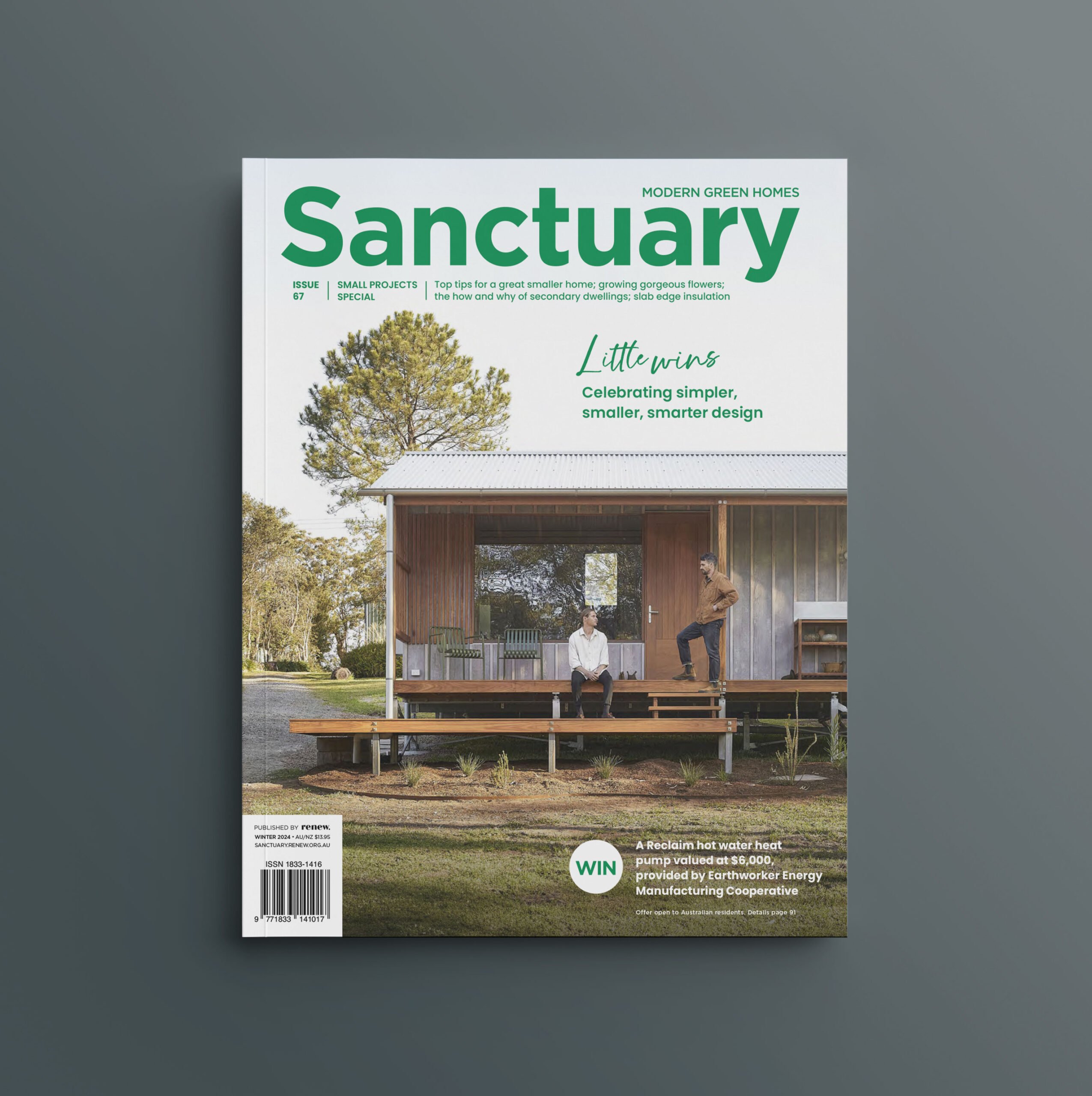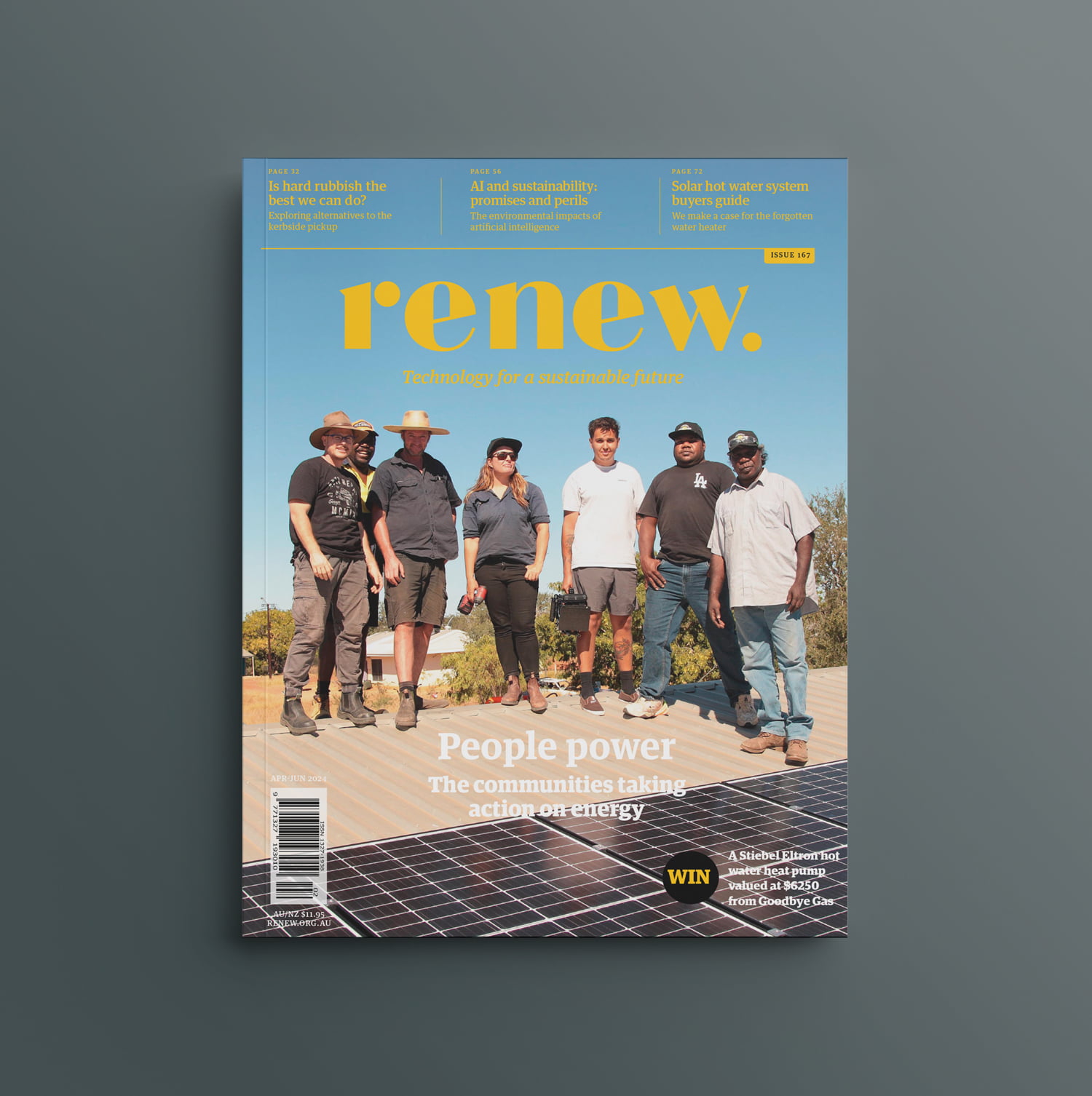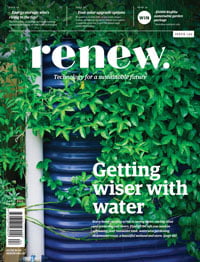My brilliant (sustainable) career
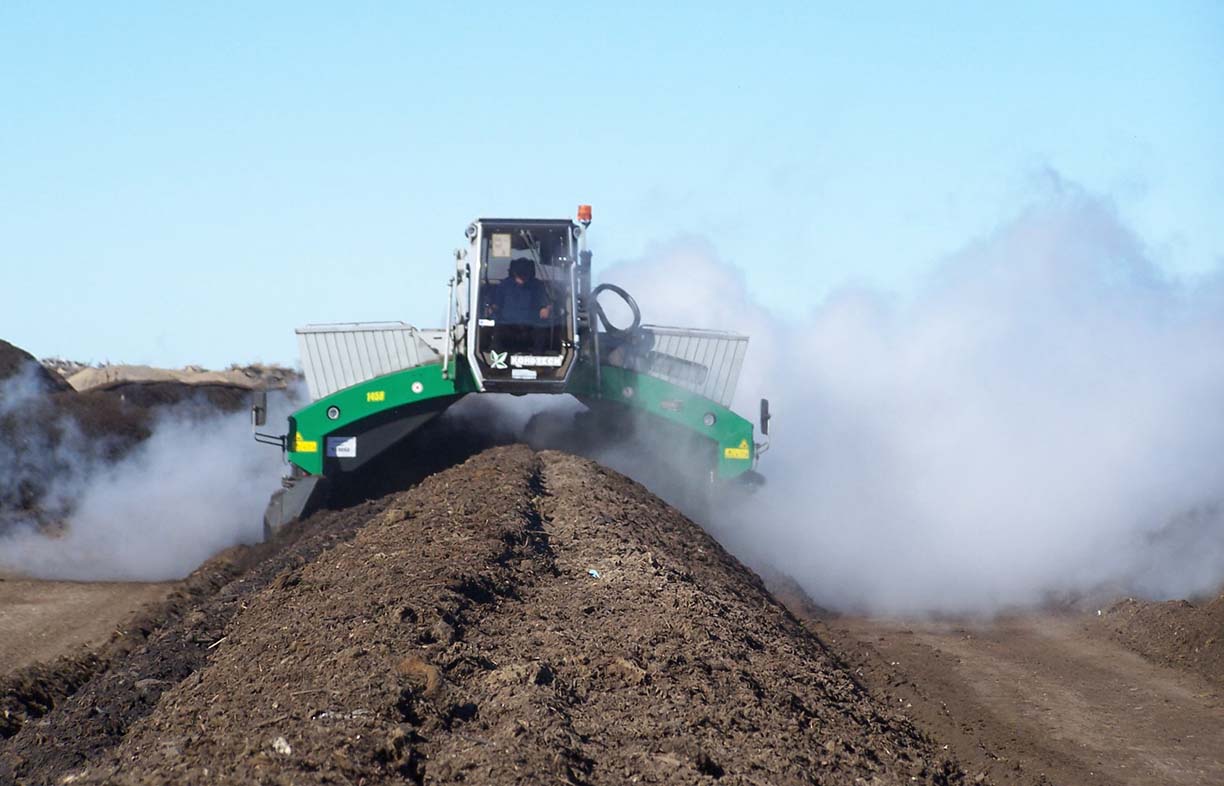
If you’d like to get involved in sustainability in your day job, where do you start? Alan Strickland looks at several fields with sustainability at their core.
As a Renew member, I occasionally hear people say, “I’d like to work in the sustainability field, but what opportunities are there?” I’m no career guidance expert, but I decided to do a bit of research to find out the sorts of jobs on offer.
It’s not all about jobs in sustainable fields. Wherever you work, you’re increasingly likely to have the chance to become involved in actions to improve the sustainability of the organisation, whether that’s serving on a committee to reduce office waste or conducting an energy audit to reduce bills and emissions. One South Australian winery I spoke to has made significant cost savings by using their staff to conduct energy audits. Employees were first trained in what to look for and how to take measurements. Each department workgroup then looked closely at its processes and came up with ideas for reducing energy, such as equipment or behavioural changes.
There are also many options if you’re looking for a role that’s in a company working in the sustainability arena. In this article, I’ve focused on three prominent areas: renewable energy, energy efficiency and waste management. In each case I contacted a business that operates in that field to find out the sorts of roles they offer and what they look for when recruiting. Of course, you’ll need to do a bit more research to find the right role for you and to find companies operating in your preferred sustainable area.
Renewable energy
There are many jobs in renewable energy, from selling or installing household solar PV systems, to project-managing large wind energy projects, to designing an integrated solar/wind/battery plant. Many of these jobs require degree or certificate qualifications, but there are jobs in sales and coordination for the technically minded without formal qualifications.
– Case study: solar installer
Solar install company Design Ecology designs and installs on-grid and off-grid solar PV systems for homes and businesses. Managing director Geoff Lobban says that the company’s activities involve more than simply installing panels; increasingly, they focus on site analysis, energy management and supply backup. They find that domestic customers are seeking to cope with blackouts and time-shift consumption to optimise feed-in tariffs, while businesses are looking to reduce significant demand charges imposed based on peak demand. In the near future, Geoff sees them getting involved in PV system maintenance and electric vehicle charging infrastructure.
Design Ecology employs sales consultants, system designers, installers and technical administrators.
For sales, an enthusiasm for solar energy is expected, and the company provides training in the technical aspects of PV and storage. It looks for a customer-focused attitude rather than an impressive record of solar sales. This is shown by a preparedness to get on and in the roof to inspect, perform assessments and take measurements, along with a mindset that looks for potential problems in advance rather than leaving them for installers to solve.
System designers and installers require Clean Energy Council (CEC) accreditation after training by a registered training organisation. These and other licensing requirements are explained on the CEC website. Solar system technology has advanced considerably in recent years and installers may need to configure intelligent devices and diagnose problems using laptop computers and other aids.
Technical administrators manage the interface between the customer and the various bodies that govern compliance, registration and metering. This requires good organisational abilities, customer service skills and a proactive approach. The company provides training regarding the roles and responsibilities of each party involved in a solar installation.
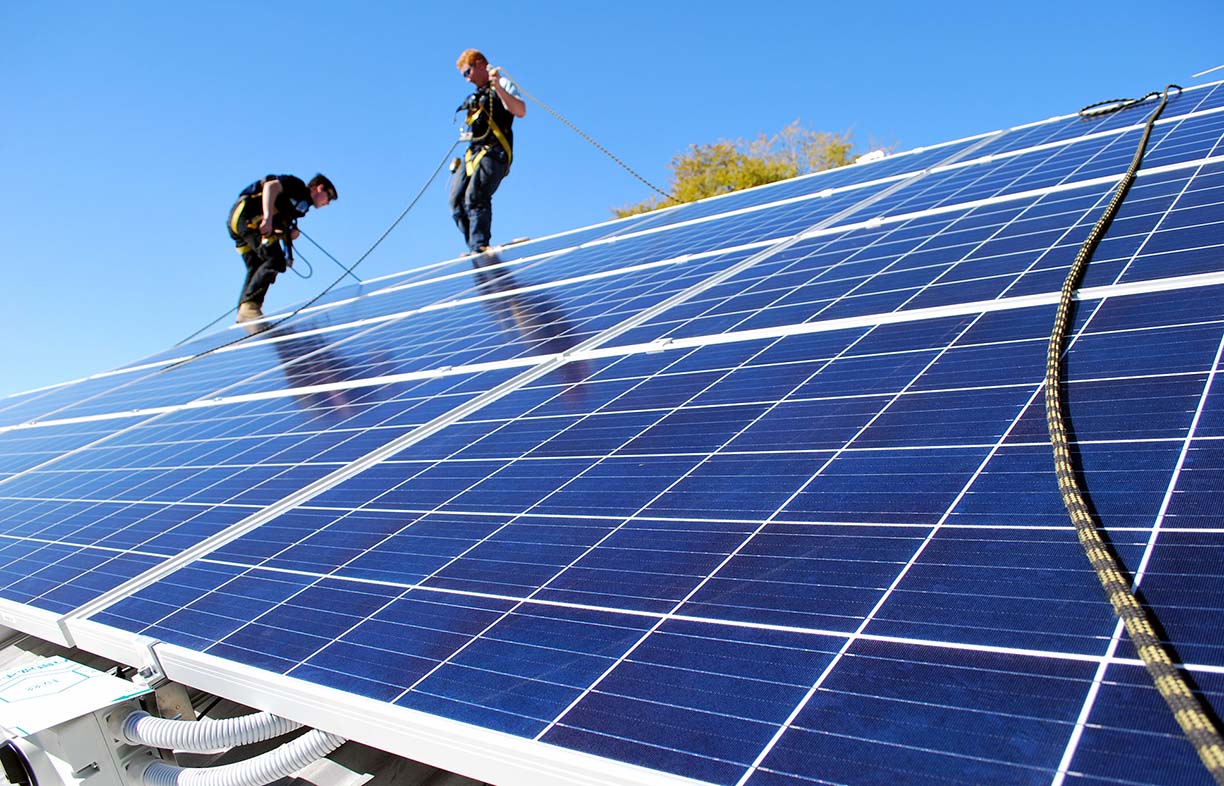
Energy efficiency
Jobs in the energy efficiency field range from assessors to installers to consultants. For the suitably qualified, there are also jobs in building design, whether as a degree-qualified architect or as a building designer; building design courses are offered by higher education colleges throughout Australia as well as online.
– Case study: energy assessors and consultants
Sustainability House (SUHO) is an energy efficiency consultancy that provides environmentally sustainable design (ESD) services, energy efficiency assessments and sustainability consultation for commercial and residential buildings across all climate zones of Australia.
Services also include compliance-based thermal modelling, post-construction air tightness audits and a design service for residential buildings.
They employ electrical, mechanical and structural engineers, lighting designers, design assessors, energy modellers/analysts and energy auditors. ESD consultants address not only energy compliance but waste management, life cycle assessment and Greenstar ratings (for commercial buildings).
Company principal Jim Woolcock says that, when engaging staff, SUHO first looks for environmental interest and an enthusiasm for energy efficiency. For consultants and designers, qualifications in architecture, structural drafting, building science and urban planning would be highly regarded. Engineers must hold a tertiary qualification appropriate to their discipline and are expected to show competence in the design software related to their field.
After staff are engaged, SUHO provides further skills development including in industry-standard energy rating and modelling software.
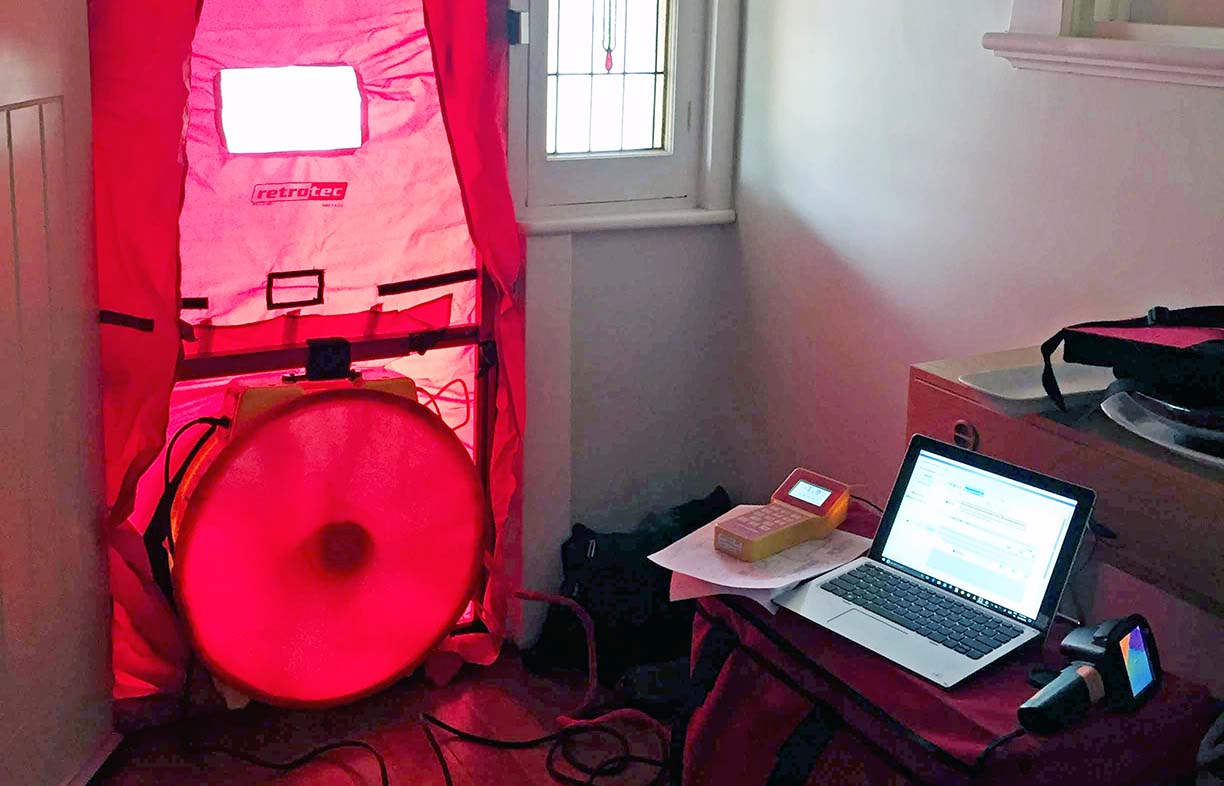
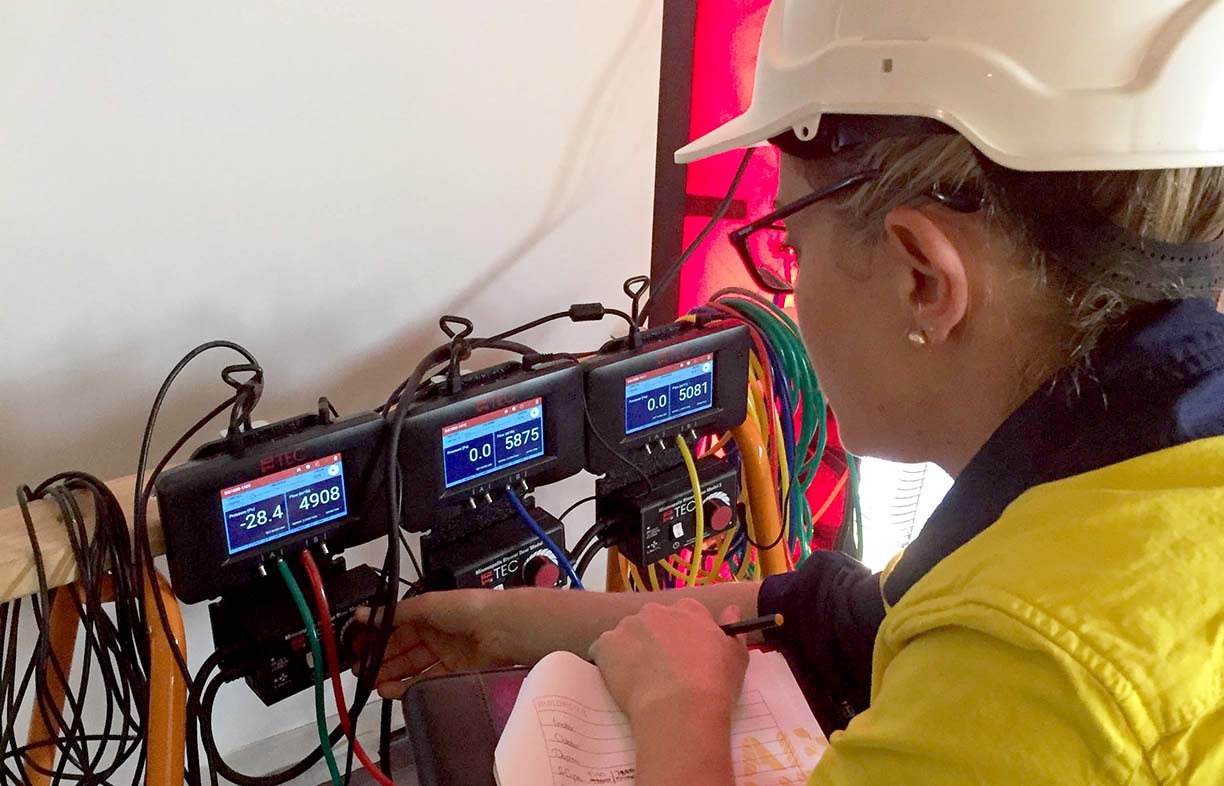
Waste management
Renewable energy and energy efficiency have proved to be financially viable job creators, but waste management also has huge potential.
Due to our current wasteful habits there’s a lot of cleaning up to do, but this shows signs of becoming worse before it improves. Waste management must be regarded as an opportunity for profit and employment and not a problem that’s addressed only when it becomes too severe to tolerate.
The old Yorkshire saying sums it up well: “Where there’s muck there’s brass.”
– Case study: green organics
Peats Soils is a South Australian company that converts solid and liquid organic waste material into a range of agricultural and garden products such as soil conditioners, loams, mulches and potting mixes. They also convert feedstock into biodiesel and biogas which are then used to fuel production processes at their three SA plants. They employ production staff, laboratory technicians and drivers.
Their production staff operate the machines used in the conversion process. This includes mobile and stationary machinery that loads, sorts, shreds, turns, grades, weighs and packs material. These staff also contribute ideas to improve processes and participate in programs to develop new technologies.
Their laboratory technicians analyse material at various stages to ensure the products meet specifications and to check for problems in the conversion process. They’re also involved in developing new products and improving production processes.
Drivers collect the organic feedstock from business, industry and agricultural sources and deliver the product to retailers and agricultural customers. This includes delivery and pickup of Peats’ BiobiN which is a mobile storage and composting facility that’s left with a business to fill with waste then collected for processing; this is often food industry related. Composting begins as soon as the solid or liquid organic material is loaded into the bin and a fan-based air handling system manages odour.
Peats’ CEO Peter Wadewitz believes that the increasing production of biofuels and tailoring of organic products to suit particular agricultural needs will create additional demand for scientific staff such as chemists, microbiologists and fungal specialists.
A selection of other opportunities
There are many other opportunities. Here are just a few ideas in areas such as energy efficiency upgrades, consultancies and government.
– Energy efficiency upgrades
One area you could work in is as an installer of energy efficiency upgrades, installing insulation, blinds, double glazing and window film, for example. You need to be physically fit, have good practical skills relevant to the field and possibly a builder’s licence.
Another option is as a sales consultant. In this role, you inspect the building, determine the most effective methods to use, calculate the price and submit a proposal to the customer. This requires an understanding of heat transfer, building structure and what insulation or shading techniques to use.
Another role is as an energy efficiency consultant, which essentially involves inspecting an existing building, monitoring energy or water use and providing advice for reducing consumption and emissions and improving comfort. You’ll likely need energy auditing qualifications for this. A home energy rating assessor evaluates the expected energy performance of new homes, extensions and renovations.
– Sustainability officer
Most local councils and medium or large companies employ a sustainability officer. The responsibilities vary from place to place, but might include promoting and developing sustainability projects and policies.
– Engineering consultancies
In the past few years there have been some fascinating engineering projects with a clear sustainability focus—but not all projects will have that and you may not be able to pick and choose. Consultancies employ professional engineers, technical officers, drafting staff and site construction supervisors.
– Government
State and federal governments have departments covering environment, energy, water, waste management, building standards, transport planning, urban development and other sustainability-related responsibilities. Department titles usually indicate their area of interest (although they tend to change at an alarming rate, usually accompanied by enormous paper wastage).
Getting qualified and getting the job
Qualifications and previous experience required vary according to the role, so you’ll need to do your research before applying for a position. Keep an eye on recruitment websites such as Seek or Ethical Jobs, search out jobs you fancy and see what qualifications and experience employers are asking for.
When being interviewed for a job, a genuine enthusiasm for environmental issues is appealing and demonstrates credibility. Some of the businesses surveyed said they wanted to see not just interest or knowledge, but also a passion to be involved and make a difference.
When looking for jobs in energy efficiency, you can demonstrate your interest and knowledge by showing a basic understanding of heat—how it moves, how to prevent unwanted heat gain in summer and loss in winter, the difference between heat and temperature and what is meant by terms such as passive solar design, thermal mass, heat conduction, radiation and convection.
In a sales role, your enthusiasm and knowledge will provide credibility over somebody whose intention is solely to sell their company’s product or service. Perhaps consider what other things a building owner could do in addition to buying the product, such as painting a black roof a lighter colour, cutting back a bush that’s blocking winter sun or growing a deciduous vine over a west-facing wall.
Membership of Renew should be viewed favourably, so put it in your application and mention it at the interview! Volunteering in environmental organisations might not directly link to your employment aim, but it shows a commitment to making the earth a better place—so mention it.
If you really want to work in the sustainability field, the opportunities are out there. There are jobs in renewable energy, energy efficiency and, increasingly, in waste management, whether within an organisation dedicated to these areas or as a part of the environmental goals of many companies or government departments. Hopefully this article starts you on the right path to finding your new sustainable career.
More info:
- Check out our renewable energy courses guide for those jobs that require specific renewable energy-related skills.
- We’d also love to hear your experience of changing careers into a sustainability field; email us at renewmag@renew.org.au
Further reading
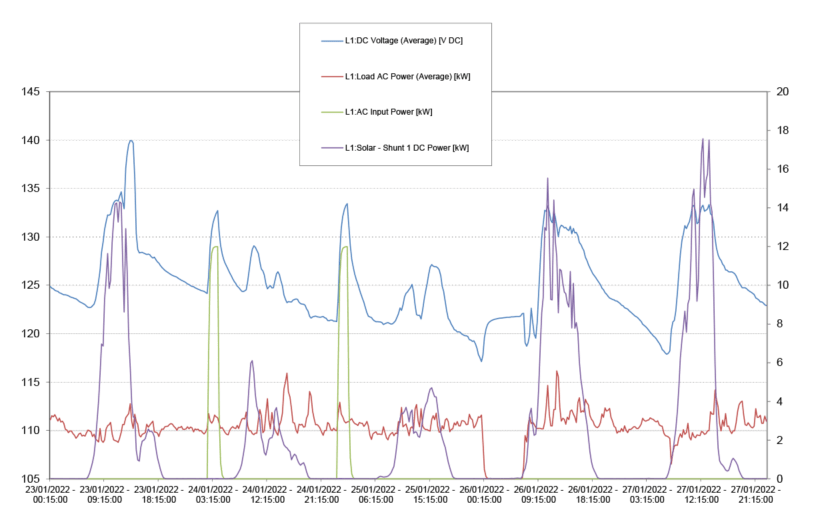 Sustainable tech
Sustainable tech
Community energy sharing challenges and solutions
Oliver Crowder from Saltwater Solar reports on a remote community solar system he helped set up more than 10 years ago.
Read more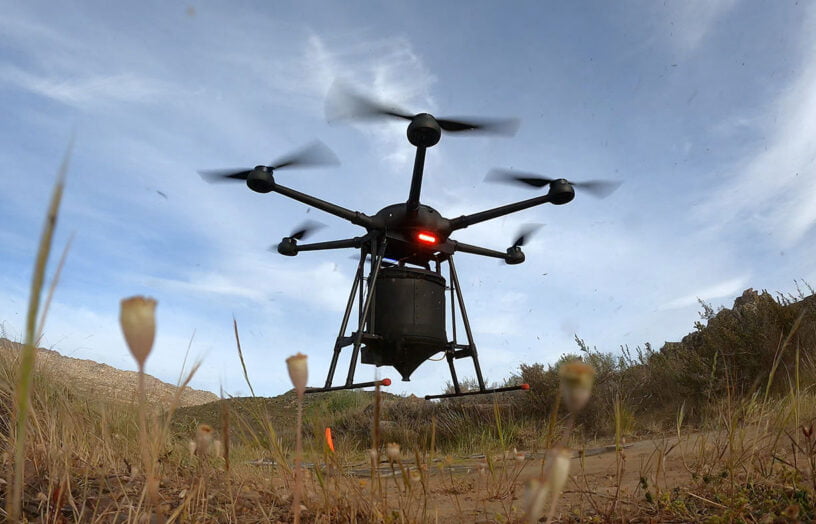 Sustainable tech
Sustainable tech
Breaking the barriers to innovation
Rob McCann looks at the big sustainability innovations of the past, and implores us not to become a nation of laggards.
Read more Sustainable tech
Sustainable tech
Lithium battery fires and safety
Rechargeable lithium batteries are critical for our modern world, but they do have a somewhat variable safety history. Lance Turner looks at the issues and what to do about them.
Read more